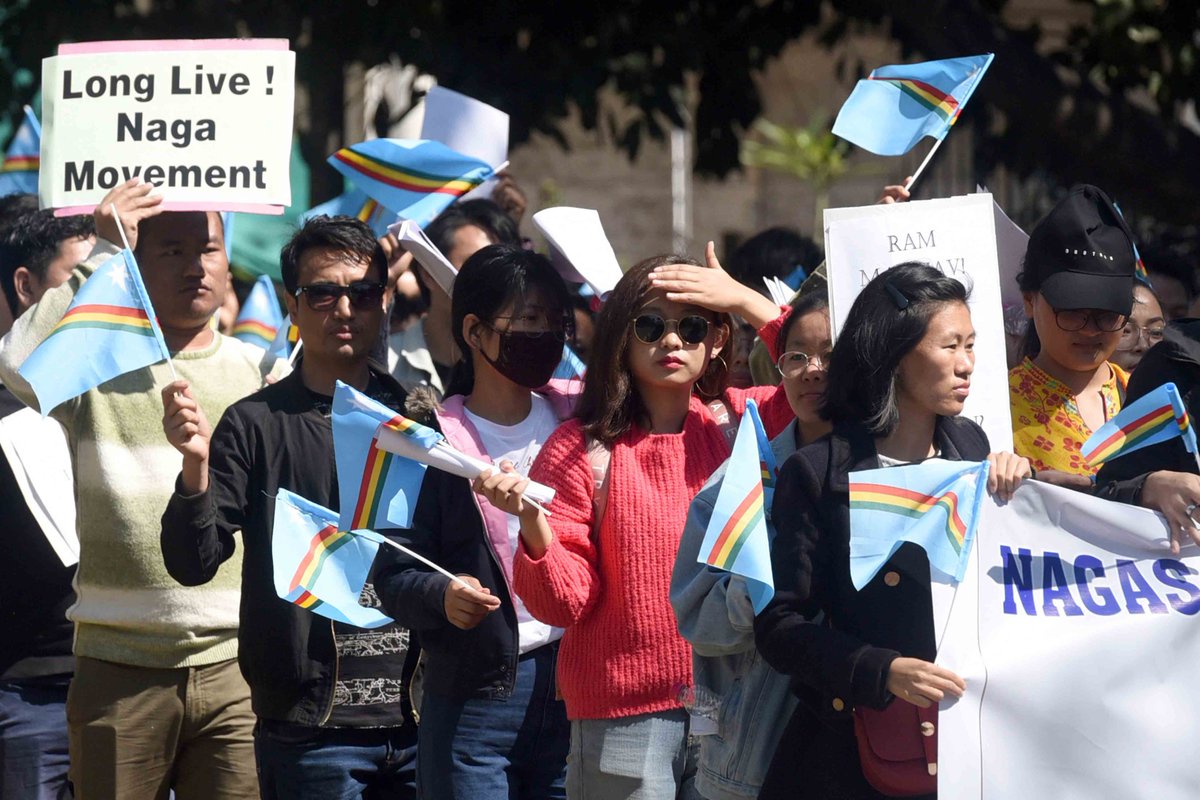(2) Notwithstanding anything contained in sub-section (1), the Lokayukta shall not investigate into any matter involved in, or arising from, or connected with, any such allegation of corruption against any Member of the Legislative Assembly in respect of anything said or a vote given by him in the Legislative Assembly or any committee thereof covered under the provisions contained in clause (2) of article 194 of the Constitution.
(3) The Lokayukta may inquire into any act or conduct of any person other than those referred to in sub-section (1), if such person is involved in the act of abetting, bribe giving or bribe taking or conspiracy relating to any allegation of corruption under the Prevention of Corruption Act, 1988 against a person referred to in sub-section (1):
Provided that no prosecution under this section shall be initiated in case of a person serving in connection with the affairs of the Union, without the receipt of prosecution sanction from the Central Government.
(4) No matter in respect of which a complaint has been made to the Lokayukta under this Act, shall be referred for inquiry under the Commission of Inquiry Act, 1952.
Explanation.— For the removal of doubts, it is hereby declared that a complaint under this Act shall only relate to a period during which the public servant was holding or serving in that capacity.
Section-14: Matters pending before any court or committee or authority for inquiry not to be affected.—
In case any matter or proceeding related to allegation of corruption under the Prevention of Corruption Act, 1988 has been pending before any court or committee of the Legislative Assembly or before any other authority prior to commencement of this Act or prior to commencement of any inquiry after the commencement of this Act, such matter or proceeding shall be continued before such court, committee or authority.
Section-15: Constitution of benches of Lokayukta.—
(1) Subject to the provisions of this Act,-
(a) the jurisdiction of the Lokayukta may be exercised by benches thereof;
(b) a bench may be constituted by the Lokayukta with three or more Upa-Lokayukta as Lokayukta may deem fit;
(c) every bench shall ordinarily consist of at least one Judicial Member;
(d) where a bench consists of the Lokayukta, such bench shall be presided over by the Lokayukta;
(e) where a bench consists of a Judicial Member and a non-Judicial Member, not being the Lokayukta, such bench shall be presided over by the Judicial Member; and
(f) the benches of the Lokayukta shall ordinarily sit at Kohima and at such other place as the Lokayukta may, by regulations, specify.
(2) The Lokayukta shall notify the areas in relation to which each bench of the Lokayukta may exercise jurisdiction.
(3) Notwithstanding anything contained in sub-section (2), the Lokayukta shall have the power to constitute or reconstitute benches from time to time.
(4) If at any stage of the hearing of any case or matter it appears to the Lokayukta or a Upa-Lokayukta that the case or matter is of such nature that it ought to be heard by a bench consisting of three or more Upa-lokayuktas, the case or matter may be transferred by the Lokayukta or, as the case may be, referred to him for transfer to such bench as the Lokayukta may deem fit.
Section-16: Distribution of business amongst benches.—
Where benches are constituted, the Lokayukta may, from time to time, by notification, make provisions as to the distribution of the business of the Lokayukta amongst the benches and also provide for the matters which may be dealt with by each bench.






 Meet R.N. Ravi, who is mediating peace with the Nagas
Meet R.N. Ravi, who is mediating peace with the Nagas The Top Viral YouTube Videos of 2017
The Top Viral YouTube Videos of 2017 An orbiting message of peace
An orbiting message of peace What Does Your Face Say About Your Health?
What Does Your Face Say About Your Health?









Leave a Reply
Your email address will not be published. Required fields are marked (required)